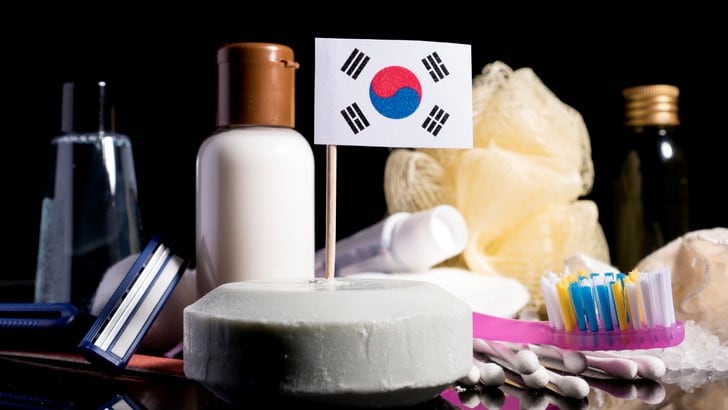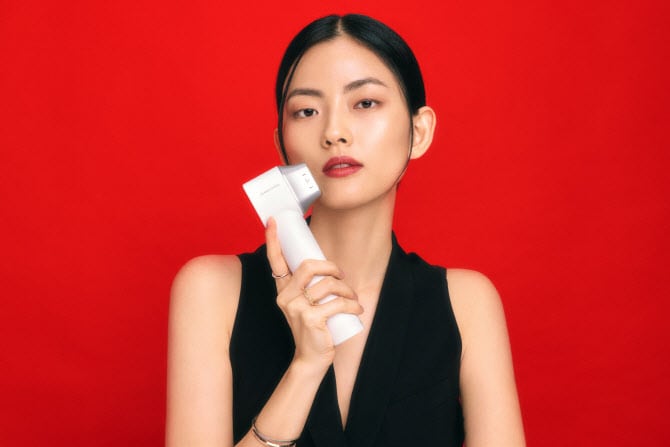Amorepacific’s flagship brands drive strong sales, profit in local and global markets
Amorepacific published its earnings report on August 1, stating increases in sales and operating profit across domestic and international markets in the second quarter of 2025.
Based on the report, consolidated sales increased 8.9% year-on-year to KRW1.095tn (USD790m) and operating profit grew 555.5% year-on-year to KRW80.1bn (USD57.8m).
Specifically, Amorepacific’s domestic business saw sales increase 8.2% year-on-year, and operating profit raised by 164%.
The positive numbers are said to be driven by the performance of its beauty brands in the local market, continued high growth in the West, and the impact of an “improved business structure” in Greater China.
AESTURA’s entry into Oceania looks to fill gap for dermocosmetics
Amorepacific-owned skin care brand AESTURA will be exclusively launching at Sephora Australia and New Zealand in August.
This strategic partnership is said to come at a time when interest in K-beauty and dermocosmetic products is growing, with Australian consumers increasingly seeking scientifically backed skin care solutions and prioritising genuine skin health over trend-driven routines.
“Australia’s harsh environmental factors — from intense ultraviolet (UV) exposure to dramatic seasonal transitions — demand skin care solutions of exceptional calibre. AESTURA’s arrival fills a crucial gap in the market for dermatologist-recommended brands that combine Korean innovation with clinical credibility,” said Sheila Dam, Brand General Manager at AESTURA.
K-beauty gaining ground in Western markets through retail partnerships, activations
South Korean beauty brands are increasingly making a mark in the Western markets through retail partnerships and experiential activations.
On July 14, retailer and distributor K-Beauty World announced its debut at American cosmetics chain Ulta Beauty, which will bring eight of South Korea’s “most exciting” beauty brands to US consumers both online and in stores across the country.
It is backed by Landing International, a Los Angeles-based company that claims to be the engine behind the K-beauty movement in the US, and has played a major role in launching and scaling viral brands like COSRX.
GS25 launches AI personal colour device to fortify one-stop beauty platform positioning
GS25 is introducing an AI device that provides personal colour analysis and product recommendations, in a bid to establish itself as a one-stop beauty platform.
This follows growing competition among South Korean convenience store chains to break out from conventional offerings and earn a bigger slice of the beauty market share.
Through this one-stop service, which will allow consumers to “experience, diagnose, and purchase” simultaneously, GS25 aims to drive new customer acquisition and increase sales of the beauty category.
David vs Goliath? K-beauty brand wins copying lawsuit against Olive Young
On July 7, Seoul Broadcasting System (SBS) News reported that a Korean court has ruled in favour of an indie K-beauty brand in a product-copying lawsuit against retail giant Olive Young.
Although it was not specified in the news report, Lauren Lee, founder of K-beauty retailer STYLESTORY and skin care brand Jelly Ko, identified the product to be from REVCELL, a brand owned by Cosmoreplus Co Ltd.
Following an injunction filed in November 2024, the court ruled in favour of Cosmoreplus on June 20 this year, stating that “it is reasonable to acknowledge that Olive Young’s mask pack was manufactured based on the design of the plaintiff’s product.
The court proceeded to ban Olive Young from manufacturing, selling, and exporting the product. The beauty giant has since halted production in May and stopped sales in July.



